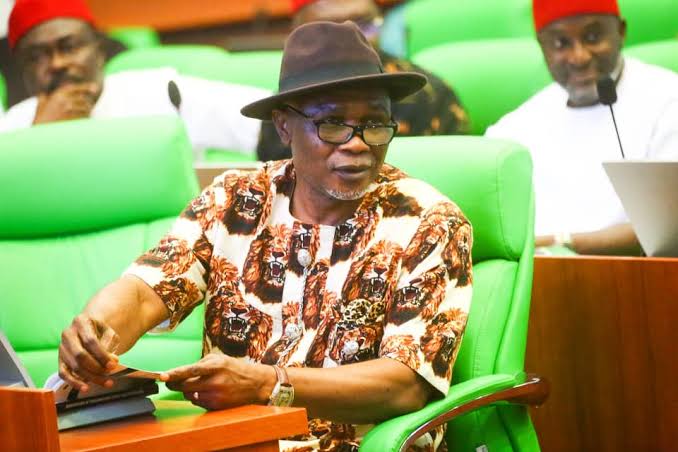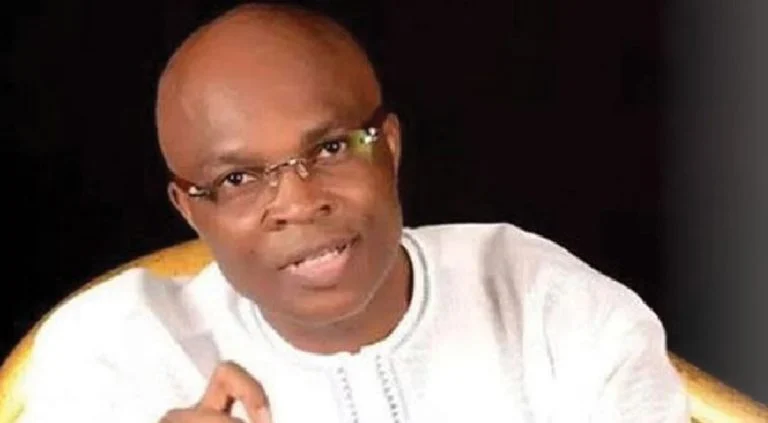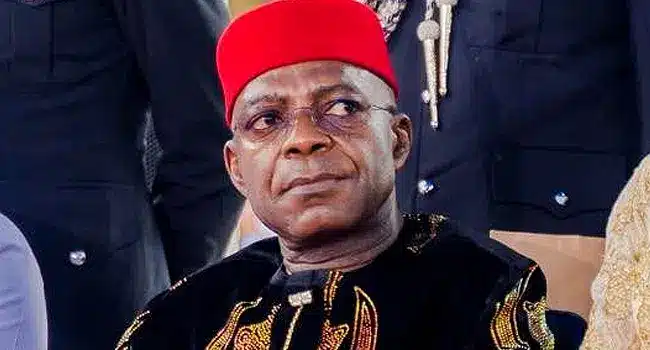Nigeria’s House of Representatives Minority Leader Seeks to Replace Presidential System with Parliamentary System
House of Representatives Minority Leader, Kingsley Chinda, recently expressed his concerns about the country’s current presidential system of government, suggesting it no longer serves the nation effectively. Instead, he proposed a parliamentary system tailored to Nigeria’s unique needs.
Chinda emphasized that the current system is hampering the country’s progress, stating, “We need to rethink our system of government and create a new one that will better serve our nation’s interests.” This is the only way to elevate the country to its full potential.
In a move to address concerns about the potential for a one-party state, Chinda dismissed the idea as unrealistic and even dangerous. “A one-party state is a dream that will turn into a nightmare. It’s essential to recognize the opposition’s role in balancing the system and providing checks and balances,” he said.
Chinda also stressed the importance of accepting constructive criticism from the opposition. “Sincere public office holders should welcome criticism, as it can help improve their performance. When faced with opposition, public officials are more likely to act responsibly and serve their term effectively,” he explained.
The Minority Leader also proposed that public officials should have their authority curtailed, stating, “Excessive power can lead to abuse, which is why we need to restrict their discretion and latitude. We need to ensure that our institutions are firm and fair.”
In his argument, Chinda referenced the parliamentary Ethics Committee established to address misconduct among members. “We set up this committee because we acknowledged that some individuals might misuse their power. It’s not a perfect system, but it’s essential to have mechanisms in place to hold public office holders accountable.” He also emphasized that not all public officials are corrupt and that we should not generalize based on the actions of a few.
Chinda concluded by urging a balanced approach to evaluating public office holders, saying, “While criticism is necessary, we should also acknowledge and encourage good performance. A carrot-and-stick approach is essential to moving the country forward.”



